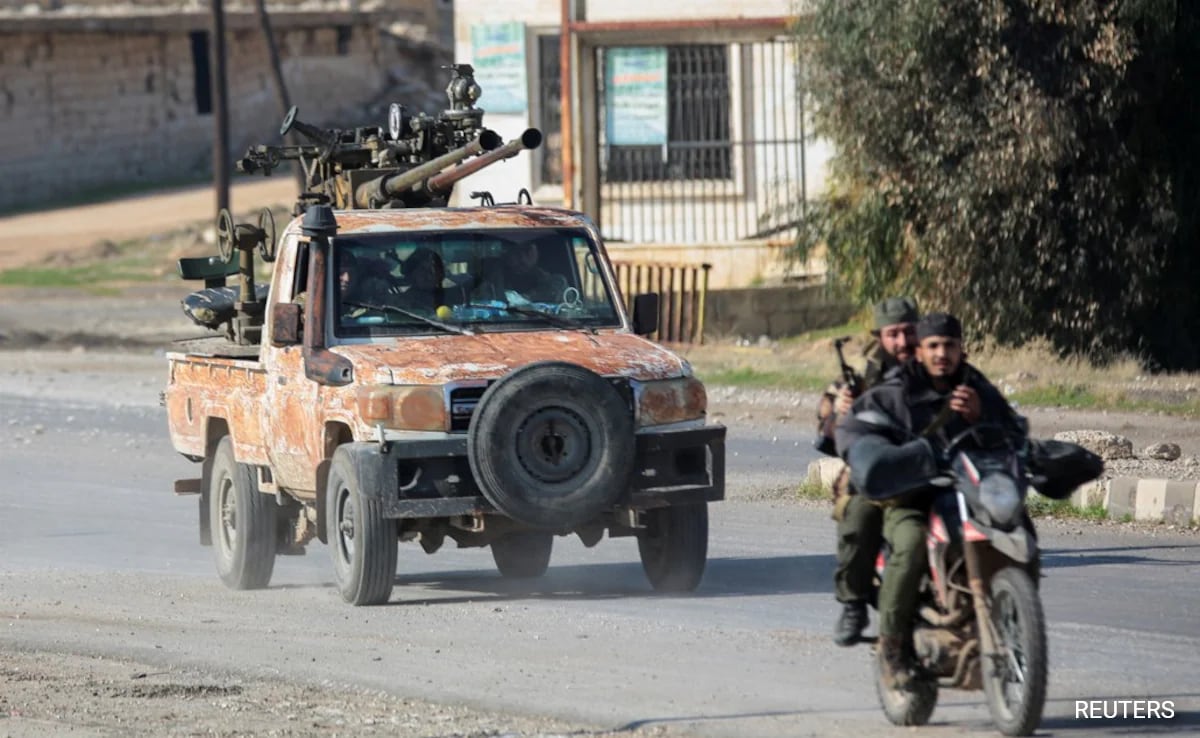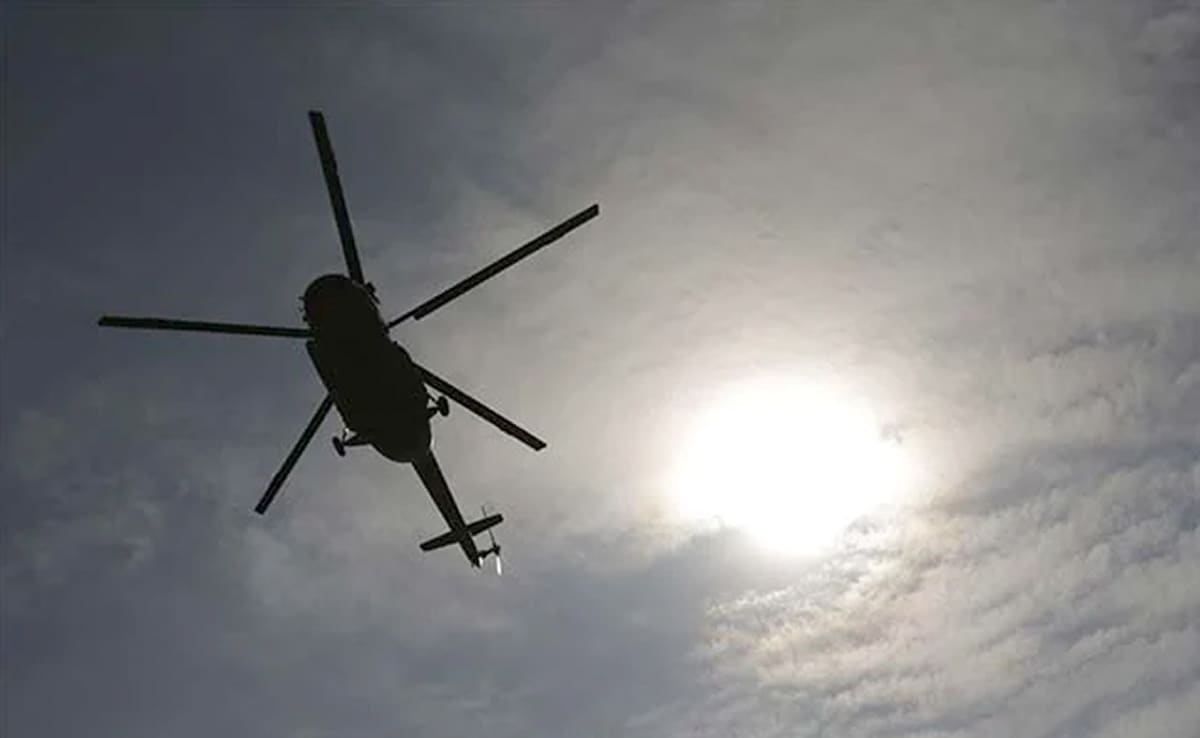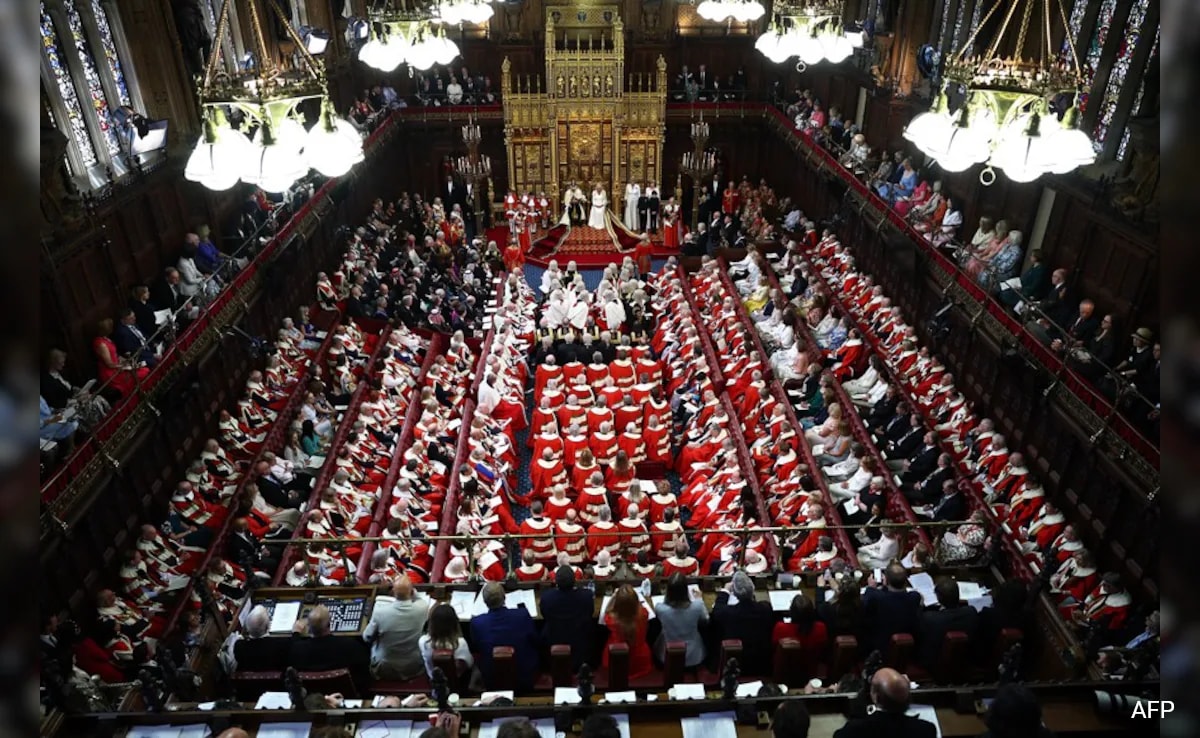Syrian Islamist rebels, spearheaded by Hayat Tahrir al-Sham (HTS), launched a massive offensive against President Bashar al-Assad’s regime this past week. This surprise assault, the largest in years, has led to the capture of over 50 towns and villages in northern Syria and “large parts” of Aleppo, Syria’s second-largest city.
HTS and allied rebel forces advanced rapidly from their base in Idlib, Syria’s last major opposition stronghold. By Friday, they entered western Aleppo, facing minimal resistance as Assad’s troops retreated. The offensive lead to fierce retaliation, including Russian airstrikes on Aleppo – Russia’s first in the city since 2016 – killing 277, including 28 civilians.
What is Hayat Tahrir al-Sham (HTS)?
HTS began in 2011 as Jabhat al-Nusra, an Al Qaeda affiliate, and was known for its effectiveness and brutality. “Hayat Tahrir al-Sham” translates to “Organisation for the Liberation of the Levant”. Initially aligned with the Free Syrian Army in the uprising against Assad, its strict jihadist ideology soon alienated it from other rebel factions.
Abu Mohammed al-Golani, a former leader of Jabhat al-Nusra, heads HTS. The group follows a Salafi-jihadist ideology, focusing on toppling Assad’s government and establishing Islamic rule within Syria. Unlike al-Qaeda, HTS claims “local goals” rather than pursuing a global Islamic Caliphate.
In 2016, the group’s leader severed ties with Al Qaeda and rebranded the organisation, which later evolved into HTS after merging with other Islamist groups. Since then, HTS has operated as the dominant force in Idlib, controlling a population of four million, many of whom were displaced during Assad’s military campaigns.
HTS: Governance
Unlike the self-proclaimed Islamic State, HTS shifted its focus from global jihad to establishing fundamentalist Islamic rule within Syria. This localised ambition has allowed HTS to consolidate power in Idlib, where it functions as a de facto government. However, allegations of human rights abuses and bitter infighting with rival factions have tainted its reputation.
HTS governs parts of Syria through the Syrian Salvation Government (SSG), delivering essential services like food aid and welfare programmes to approximately four million residents in its territories. The group controls critical resources, including the Bab al-Hawa border crossing with Turkey, which facilitates humanitarian aid.
For years, HTS avoided large-scale military campaigns, seemingly content with its stronghold in Idlib. The recent offensive in Aleppo, however, signals a shift in strategy.
Idlib has remained a bastion of resistance against Assad since the early years of the conflict. A fragile ceasefire brokered by Russia and Turkey in 2020 allowed HTS to strengthen its grip on the province. Yet, Aleppo’s history as a major battleground – where rebels suffered one of their greatest defeats – adds symbolic weight to the current offensive.













